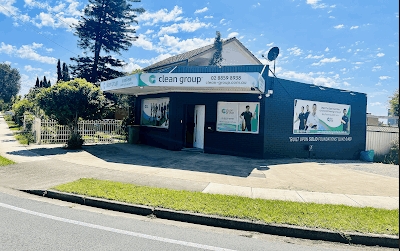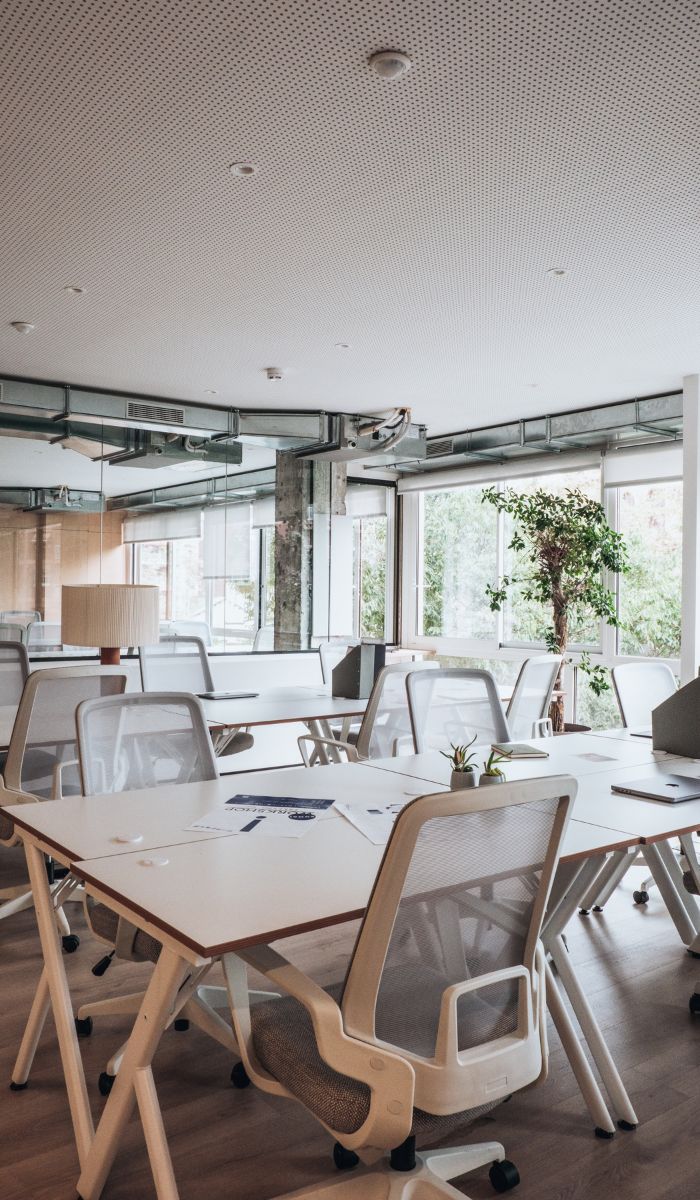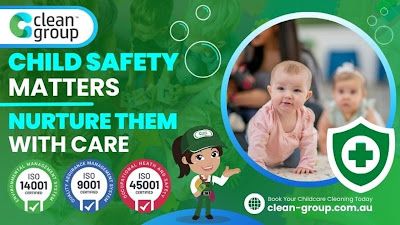
How Can Companies Reduce Health Hazards for Cleaners?
Will robots replace human cleaners in the future?
The role of technology in cleaning is continually expanding, with digital tools being integrated into cleaning services to improve both efficiency and effectiveness. For instance, software and mobile apps are being used to streamline scheduling and dispatching, ensuring that cleaning tasks are carried out at the optimal times. These technologies allow cleaning companies to track their staff, monitor performance, and even assess the cleanliness of facilities through real-time reporting. By providing transparency and accountability, these systems help businesses and organizations maintain high cleaning standards while reducing operational costs.
The future of cleaning is also deeply intertwined with sustainability. The pressure on businesses to adopt eco-friendly cleaning practices is mounting, driven by both consumer demand and government regulations aimed at reducing environmental impact. Cleaning products and methods that were once considered standard are now being reevaluated for their environmental footprint. For example, many conventional cleaning agents contain harmful chemicals that can damage the environment and human health. Clean Group provides comprehensive and professional Commercial Cleaning Sydney across Sydney, NSW. Our fully insured, trained, and security-verified cleaners ensure your workplace stays spotless and hygienic. Schedule a free onsite quote today—book online or call us at 02 9160 7469. Get your obligation-free commercial cleaning estimate for offices, buildings, and other business spaces in Sydney.. In response, there has been a growing shift towards natural and biodegradable cleaning products that are both effective and safer for the planet. Additionally, there is a move towards reducing waste generated by cleaning processes, with companies adopting refillable cleaning supplies and packaging made from recycled materials.


